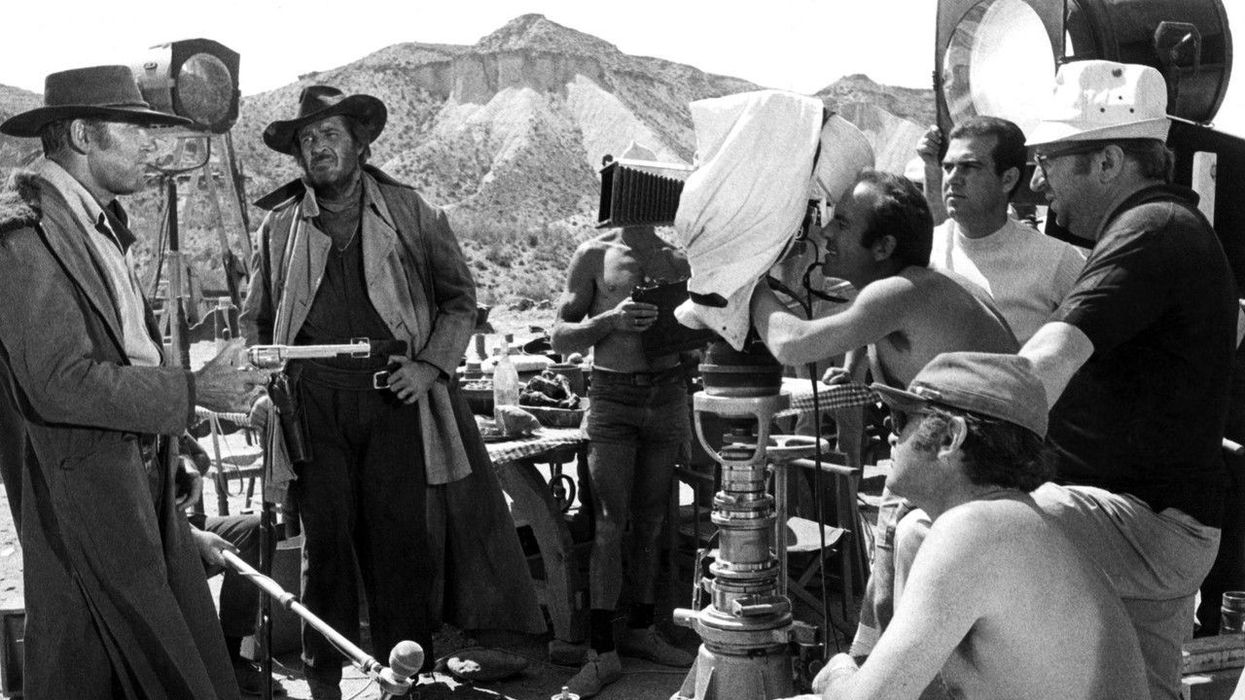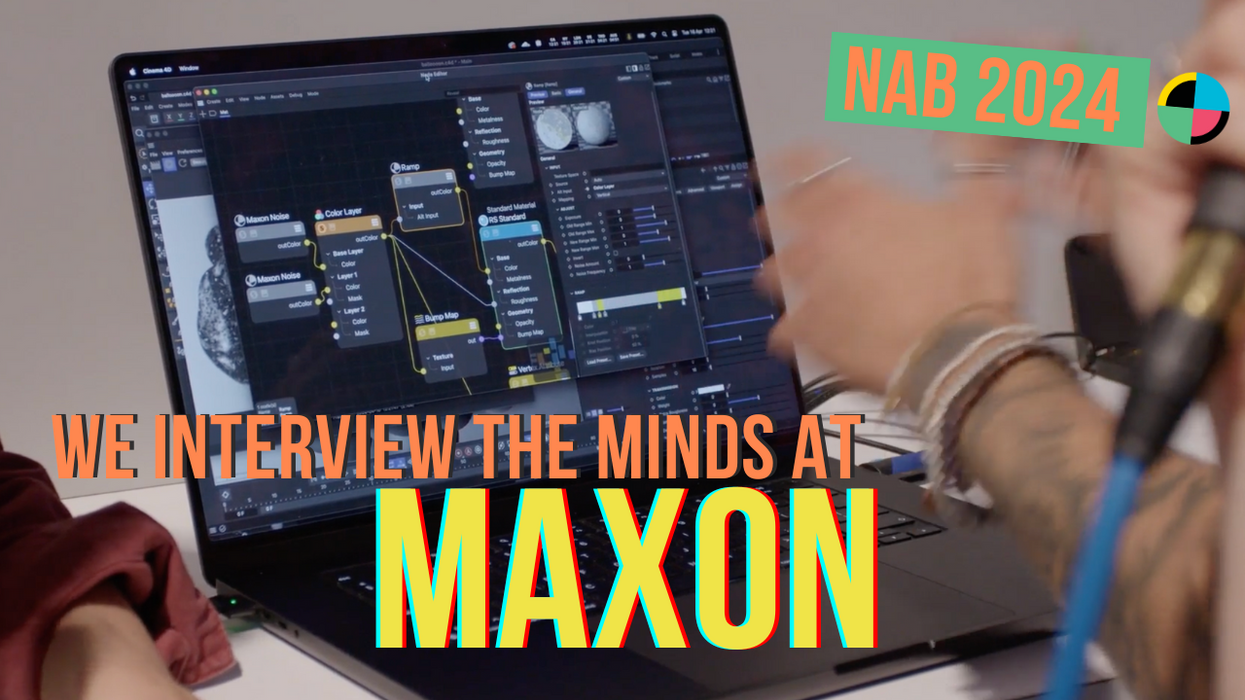Why Did Sergio Leone Play Music On All His Sets?
Music in film is always a hot topic. But what about music in filmmaking? Learn about Leone's desire to use music to move the actors and the audience.

The best musical scores connect us with what's happening on screen without pulling us out of the story. Names like Thomas Newman and John Williams come to the forefront of our minds when we think about composers that shape narratives.
Maybe the greatest composer and director relationship is the one between Ennio Morricone and Sergio Leone. Together, they redefined the western genre and created some of cinema's most classic films.
But what if there was a deeper strategy with the music?
Check out this video from Nerdwriter and let's talk after the jump!
Music in film
One of the most important points Nerdwriter makes is that music in film makes reality feel lyrical. It adds harmony to the lives of the people on screen and often becomes the audience's emotional cue for how to think and how to feel.
Think about your favorite scores.
How do they move you within the moment?
How do they set the tone?
Music activates the parts of our brain that affects emotion and responses. It helps us find a deeper meaning within the scenes. I love playing music when I write. Sometimes, it serves as a procrastination tool, but I also think a score that matches the tone helps me set each scene and find its theme.
But most movies don't add music until well after the script is written and the project is shot.
That never made sense to Sergio Leone, though.

Sergio Leone's use of Music on Set
Sergio Leone's movies rely heavily on music. Whether it's the iconic score to The Good, The Bad, and The Ugly, or the overture to Once Upon a Time in the West, a lot of his movies and messages were defined by Morricone's scores.
In fact, Leon once said, “I’ve always said that my best dialogue and screenwriter is Ennio Morricone”
Leone wanted his films to really tap into the lyrical nature of music. He wanted the score not only to lead the audience at home, but his writing, his directions, and his actors. So instead of the traditional process, Leone had Morricone write the musical score before he even started the script.
The score would then influence his writing on the movie.
And when it came time to shoot, he played the score for the actors on set.
And he timed their movements and the camera movements to the music.
That way it all synced up for the audience and the actors. They could let the music inform their performance and channel its emotions for their own. That meant everyone involved with the process was hearing the music.
It made Leone's movies more cohesive.
In an interview with Cinephilia Beyond. Leone described how and why he has Morricone write his scores even before he writes his script:
"From Ennio I ask for themes that clothe my characters easily. He’s never read a script of mine to compose the music, because many times he’s composed the music before the script is ever written. What I do is give him suggestions and describe to him my characters, and then, quite often, he’ll possibly write five themes for one character. And five themes for another. And then I’ll take one piece of one of them and put it with a piece of another one for that character or take another theme from another character and move it into this character… And when I have my characters finally dressed, then he composes. And records with a small orchestra—12 pieces—and then we listen to it. And then we go on to the script. I don’t enter into particulars with him. I give him the feeling and the suggestions of the characters.."
How can you use music on your sets?
Sure, we don't all have Ennio Morricone at our beck and call, but we have lots of ways we can let music help actors on set.
You can build a Spotify playlist to send around with one of your spec scripts.
You can play music for the actors and the camera crews.
This will totally complicate your edit and dub, but maybe you can do it for the walkthroughs so everyone gets the vibe. Or have the camera people wear headphones.
What's next? The 16 Best Screenwriting Websites To Procrastinate on Daily
The best screenwriting websites are not just good ways to procrastinate but also provide critical information that can help your career and script.
Click to learn more!
Source: Nerdwriter












